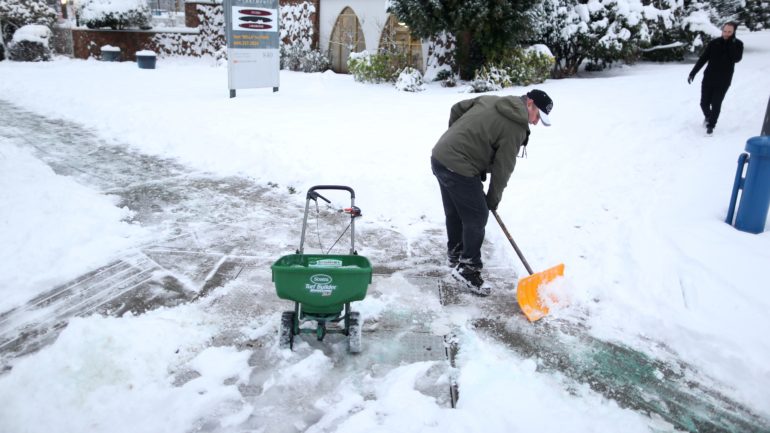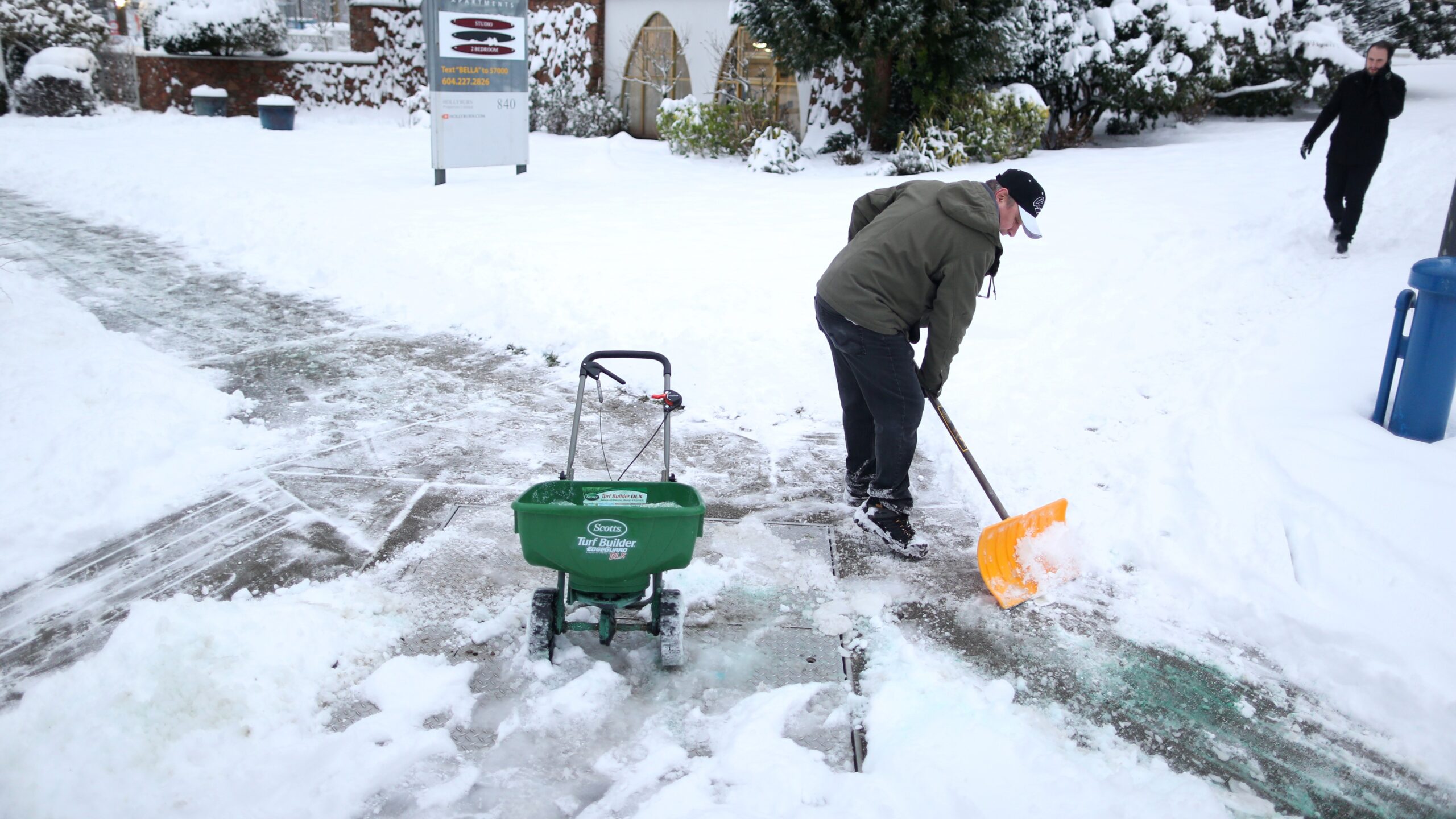
Shruti Mehra
The increasing and prevalent use of road salt in the winter is causing concern over its environmental impact.
While salt is essential in keeping roadways safe and relatively dry, its effects on the local environment can be damaging.
“Studies have shown that road salt contributes to water pollution and it affects breeding habits in animals,” said Devon Fernandes, a sustainability specialist at Humber College.
Road salt, an unpurified form of table salt that contains contaminants like lead, iron and phosphorus, poses a risk to the environment when it mixes with rain or snow and makes its way into rivers, lakes and other water sources.
This increases the level of sodium chloride ions in the water, which disrupts the lives of aquatic animals and plants, Fernandes said.
The salt may also seep into groundwater, degrading the quality of water resources, or damage trees, vegetation or soil when it splashes off the road.
“Reducing the use of salt is one of the different ways in which we can protect our environment,” Fernandes said.
Humber College’s snow-cleaning contractors are members of the Smart About Salt Council, which offers training programs to improve salting practices in various facilities.
Industry workers throughout the GTA are finding ways to minimize the environmental damage of road salt.
The Region of Peel’s road operations team follows a salt management plan that sets limits on the amount of salt distributed on roads.
It also trains road-safety staff on salt storage and usage, along with environmental sustainability.
“Every winter, we face this conflicting situation where we need to balance creating a safe roadway for people and protecting the environment by using less salt,” said Julian Perez, supervisor of road operations and maintenance at the Region of Peel.
Peel has also taken other measures to limit the use of road salt, including working with its road operations staff to ensure parking lots, major intersections and other public areas are salted responsibly, and setting parameters to regulate the purchase of road salt.
Perez said education across industries on the subject is key.
He also emphasizes the importance of planning ahead in the event of snowstorms and monitoring and reducing the usage of road salt whenever possible.
“We need informative programs for the households and snow-cleaning contractors to educate them about salts that are less harmful to the environment,” Perez said.

